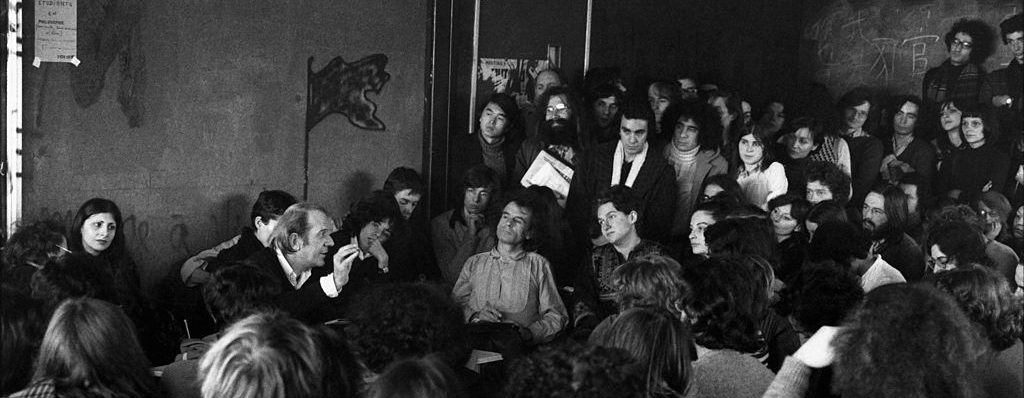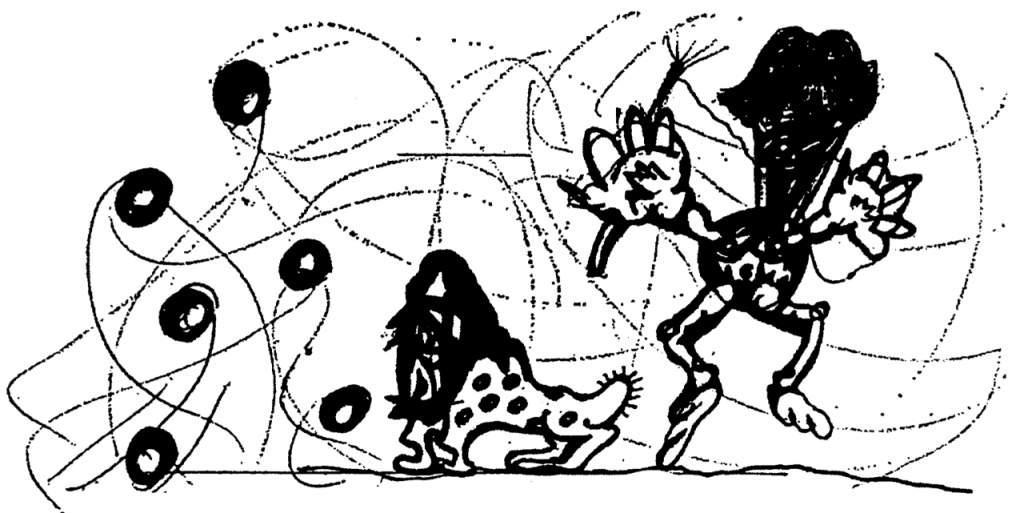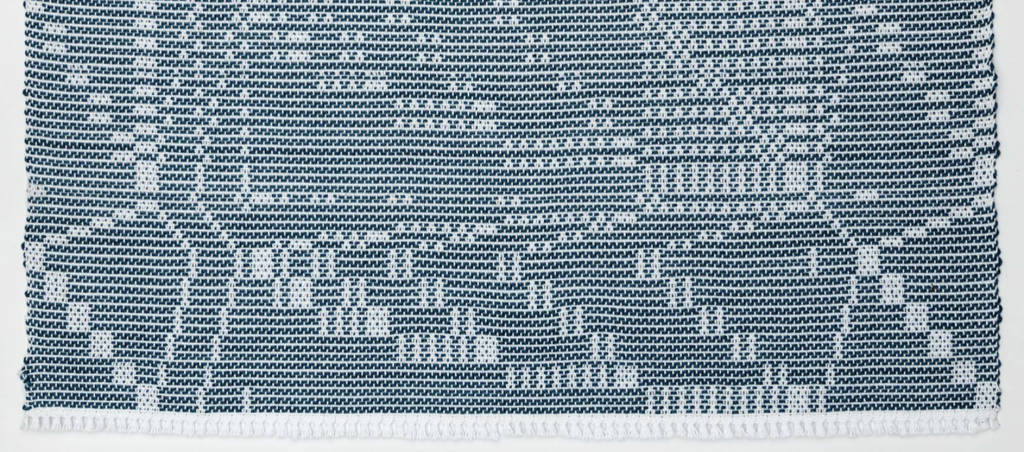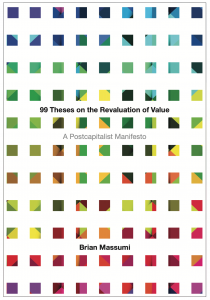Here are some texts published in the last few years that were meaningful reads for me in 2020 (and late 2019).
Julia Bryan-Wilson, Fray: Art And Textile Politics
Andrea Long Chu, Females -- more here
Wendy Hui Kyong Chun, "Queerying Homophily"
Melinda Cooper, Family Values: Between Neoliberalism and the New Social Conservatism
Aria Dean, "On the Black Generic"
Shane Denson, Discorrelated Images -- more here
Denise Ferreira da Silva, "1 (life) ÷ 0 (blackness) = ∞ − ∞ or ∞ / ∞: On Matter Beyond the Equation of Value"
Lisa Gitelman, "Emoji Dick and the Eponymous Whale, An Essay in Four Parts"
Saidiya Hartman, "The Plot of Her Undoing"
Tobi Haslett's review of Thomas Chatterton Williams's Irrational Man
Patrick Jagoda, Experimental Games: Critique, Play, and Design in the Age of Gamification -- read my review of Jagoda's previous book
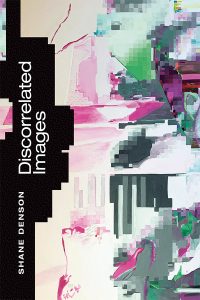
 Over the summer I read a lot of Lacan and revisited some influential Lacanian texts including Jacques-Alain Miller's 1966 essay on "
Over the summer I read a lot of Lacan and revisited some influential Lacanian texts including Jacques-Alain Miller's 1966 essay on "